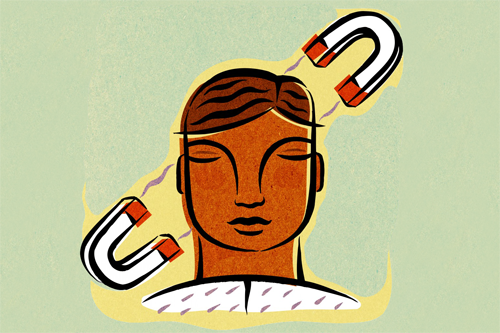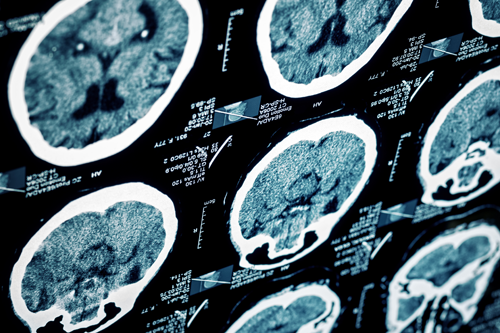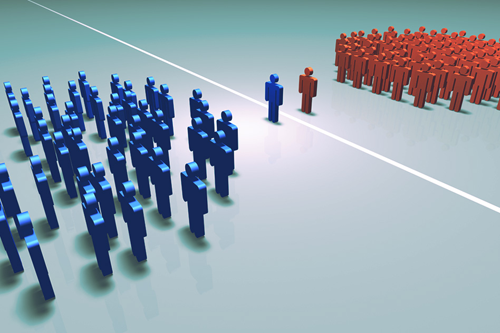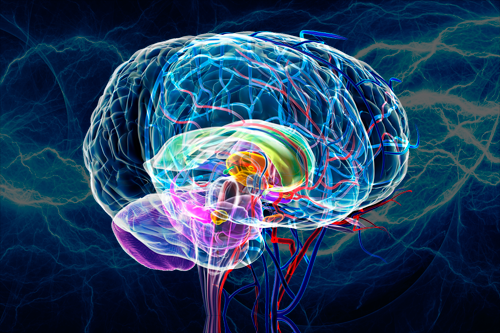By Douglas LaBier, Ph.D. Science continues to demonstrate the active interconnection between all “parts” of ourselves and the physical/social environment that we experience and deal with throughout life. In my view, this is more than “brain-behavior” or “mind-body” connection: We are biological/psychological/ spiritual/social beings. A recent study reveals a new connection between a specific personality trait—cynicism—and the likelihood of dementia.…









